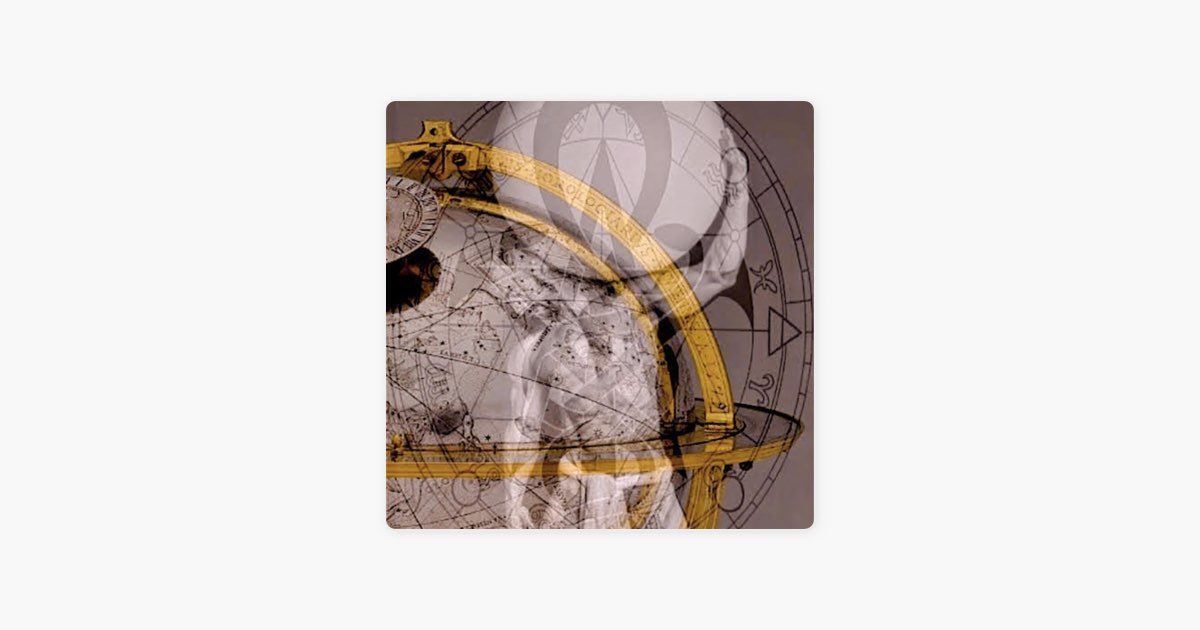Decoding Cajun Dead et le Talkin`Stick world music Song 'Denver Boot' and Montreal's 90s Cultural
Theriault's bilingual anthem "Denver Boot" is a defining song critique of materialistic excess in Montreal's vibrant 1990s cultural landscape.


The Symbolism of "Denver Boot": A Satirical Take on Consumerism in Montreal's World Appalachian Music Scene
Claude Edwin Theriault's bilingual anthem "Denver Boot" is a defining critique of materialistic excess in Montreal's vibrant 1990s cultural landscape. Drawing from the rich traditions of Cajun musical storytelling and urban folk commentary, this song offers a fascinating glimpse into the city's artistic awakening during a transformative period.
The Montreal Music Renaissance (1990-1997)
Between 1990 and 1997, the years marked a golden era for Montreal's music scene. As the city emerged from economic challenges of the late 1980s, it fostered a unique creative ecosystem where linguistic boundaries blurred and musical experimentation flourished. During this period, artists from various backgrounds converged in areas like Mile End and the Plateau, forming collectives that championed authenticity over commercial success.

Theriault's work from this era captures the tension between Montreal's grassroots artistic community and the encroaching forces of commercialization that many feared would undermine the city's cultural identity.

Bilingual Symbolism: The Language of Resistance
The deliberate code-switching between French and English in "Denver Boot" reflects Montreal's dual linguistic heritage while serving as a powerful metaphorical device. The song doesn't merely alternate languages—it uses each to convey specific emotional and cultural contexts, creating layers of meaning accessible differently to various listeners.
The French sections often carry nostalgic references to traditional Quebecois values, while English phrases frequently introduce elements of globalization and commercial culture. This linguistic duality mirrors the city's struggle to maintain its unique cultural identity amid increasing socio-economic recession, goulag ghetto influences.
The Denver Boot: Central Metaphor
The recurring image of a "Denver Boot" clamped to a "pimped out sports car" serves as the song's central metaphor. The Denver Boot—a wheel clamp used to immobilize vehicles with unpaid parking tickets—becomes a powerful symbol for the consequences of conspicuous status quo consumption.
The "Gino" character represents those who embrace superficial displays of wealth (the "pimped out sports car") without understanding the underlying costs. The boot symbolizes how this materialism ultimately restricts freedom rather than enhancing it, leaving one immobilized by debt and social expectations.
Globalization of Indifference
The phrase "la mondialisation d'l'indifférence" (globalization of indifference) echoes concerns from the 1990s about how increased global connectivity might paradoxically lead to greater social disconnection. This prescient observation anticipated today's discussions about how self-centred consumer culture can erode community bonds and local traditions.
The song positions Montreal's mid-winter ("mi d'hiver montréalais") aesthetic as a counterpoint to this globalized indifference, celebrating local identity through references to the city's distinctive seasonal character.

Cyclical Time and Cultural Critique
References to "la fin du cycle" (the end of the cycle) and "Saeculum cycle du siècle" invoke the concept of cyclical time present in many philosophical traditions. This suggests that the materialistic excesses criticized in the song represent not just individual failings, but also part of a broader cultural global cycle that eventually collapses under its weight.
The parenthetical aside "qui tombe à l'eau" (which falls into water) reinforces this idea of inevitable decline, suggesting that artificial status symbols ultimately cannot be sustained.
Authenticity as Liberation
The song's closing sentiment—"Apprends à être heureux comme t'es, heureux avec tes nouvelles façons" (Learn to be happy as you are, happy with your new ways)—offers a path forward through embracing authenticity rather than pursuing status through consumption.
This call for authentic living represents the core of Montreal's artistic ethos during the 1990s, when creative communities prioritized artistic integrity over commercial success, establishing foundations for the city's later recognition as a global cultural hub.
Musical Context and Influence
Musically, "Denver Boot" draws from multiple traditions, blending the signature Cajun Dead et le Talkin`Stick driven rhythmic patterns with urban folk sensibilities and spoken-word delivery techniques that were gaining popularity in Montreal's multicultural performance spaces.
The song's structure—call-and-response elements and parenthetical asides—creates a conversational quality that breaks the fourth wall, inviting listeners to participate in its cultural critique rather than passively consuming it.
Legacy and Contemporary Relevance
Twenty-five years later, "Denver Boot" remains relevant as cities worldwide grapple with authenticity, gentrification, and cultural identity questions. The song's critique of "phony baloney lifestyle" speaks to ongoing tensions between substance and appearance in urban environments.
For Montreal specifically, the song captures a pivotal moment when the city was defining its cultural identity regarding globalization, a process that continues to shape its artistic landscape today.

Conclusion
Through its bilingual wordplay, vivid symbolism, and social commentary, "Denver Boot" transcends simple musical entertainment to become a cultural artifact documenting a specific moment in Montreal's evolution. The song's enduring appeal lies in its use of humour and satire to deliver serious social commentary, inviting listeners to question their relationships with material possessions & authentic living with empathy.
In today's increasingly digital connectivity and consumption context, Theriault's song lyric catalogue message about finding happiness beyond material display feels increasingly relevant, cementing this work as a nostalgic throwback and a continuing source of insight into our relationship with wealth, status, and genuine fulfillment.
Wheels of Change: Decoding Claude Edwin Theriault's 'Denver Boot' and Montreal's 90s Cultural Resistance
FAQs
1. What inspired Claude Edwin Theriault to write "Denver Boot"?
Theriault drew inspiration from the cultural tensions in 1990s Montreal, where traditional Quebecois values clashed with increasing globalization and consumerism. The song emerged as a satirical response to the changing urban landscape and the adoption of materialistic values that threatened the city's authentic media and artistic community.
2. Why does the song mix French and English lyrics?
The bilingual composition reflects Montreal's dual linguistic heritage while serving as a deliberate artistic choice. French sections often convey traditional values and local identity, while English phrases frequently introduce globalization and commercial culture elements, creating a conversation between competing worldviews.
3. What exactly is a "Denver Boot," and why is it significant as a metaphor?
A Denver Boot is a wheel clamp that parking enforcement uses to immobilize vehicles with outstanding violations. In the song, it symbolizes how materialistic pursuits (the "pimped out sports car") ultimately restrict freedom rather than enhance it, leaving individuals imprisoned by their own consumerist choices.
4. How does "Denver Boot" connect to broader music movements of the 1990s?
The song exemplifies the cross-cultural experimentation characteristic of Montreal's 1990-1997 music renaissance, blending Cajun influences with urban folk sensibilities and spoken-word techniques. It belongs to a broader movement of artists using music as a vehicle for social commentary during rapid cultural and economic change.
5. What makes "Denver Boot" relevant to audiences today?
Despite being written decades ago, the song's critique of "phony baloney lifestyle" remains pertinent in our age of social media and influencer culture. Its message about finding happiness through authenticity rather than material display resonates with contemporary conversations about sustainable living, mindful consumption, and genuine community connection.
.


